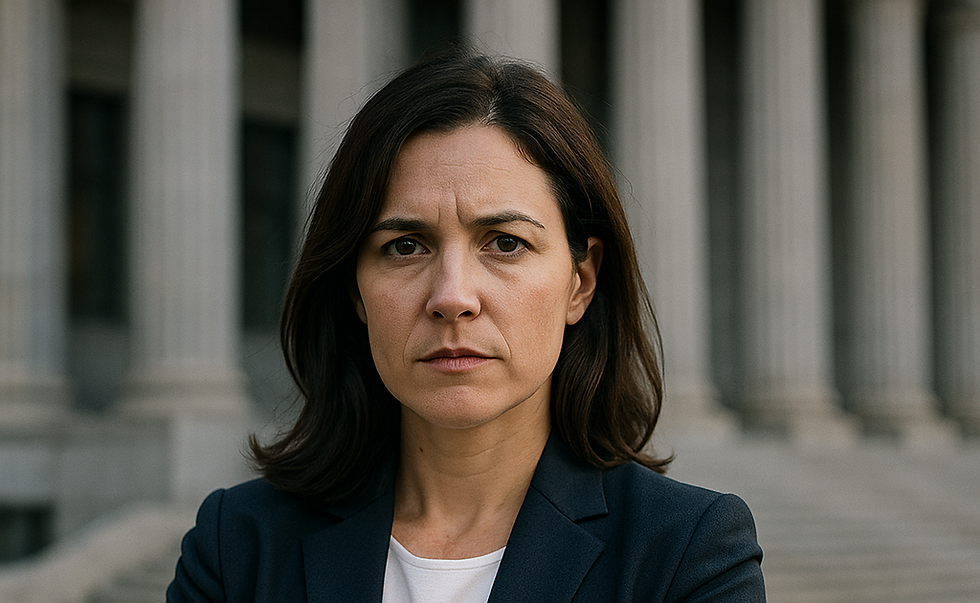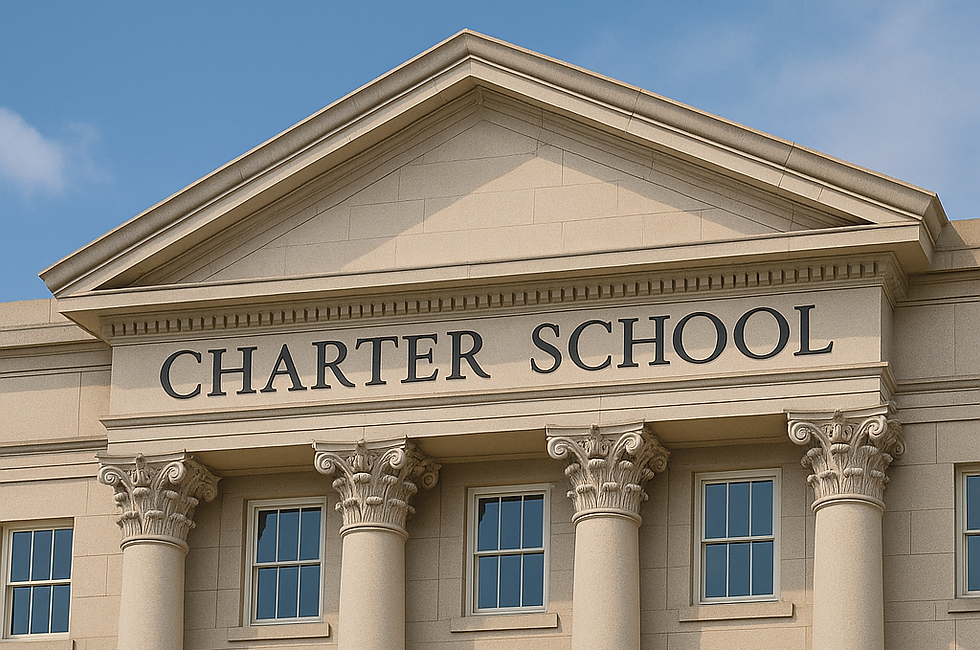Legal Problems in Charter and Private Schools
- Justin Naughton
- Jun 19
- 3 min read
Updated: Jun 23
Congruence Law, P.C. Holds Nontraditional Schools Accountable for Discrimination, Negligence, and Broken Promises
Charter and private schools often present themselves as innovative, student-centered alternatives to traditional public education. But when things go wrong—when a student is expelled without cause, denied accommodations, or discriminated against—families are often told they have no rights because they “chose” the school.
That’s false. Charter schools are public schools, subject to many of the same laws as traditional districts. And private schools are still bound by civil rights statutes, contract law, and consumer protections—especially if they receive public funding.
At Congruence Law, P.C., we represent families whose children have been harmed by exclusion, abuse, retaliation, or breach of contract in charter and private school settings. We believe choice is only meaningful when rights are respected.
Charter Schools: Public Status, Private Behavior
Charter schools are publicly funded and tuition-free—but many operate under private management. They are still public schools, which means they are bound by:
The U.S. and state constitutions
Federal disability laws (IDEA, Section 504, ADA)
Civil rights protections (Title VI, Title IX)
State education codes
Charters must provide special education services, comply with non-discrimination rules, and offer due process before discipline or exclusion.
Private Schools: Rights Still Exist
While private schools are not generally subject to the same regulations as public schools, they may still be liable under:
Title III of the ADA (prohibiting discrimination by public accommodations)
Section 504, if they receive federal funds
Contract law, for breaching promises in handbooks, enrollment agreements, or marketing materials
Tort law, for negligence, bullying, or emotional harm
Many states also have statutes regulating private school discipline, tuition refund policies, and student privacy.
Common Legal Issues in Charter and Private Schools
➤ Denial of accommodations for students with ADHD, autism, or physical disabilities
➤ Unlawful expulsions or forced withdrawals without due process
➤ Bullying and harassment ignored by staff
➤ Retaliation against students or families who raise concerns
➤ Religious or ideological discrimination
➤ False advertising or failure to provide promised services
➤ Exclusion based on gender identity or sexual orientation
➤ Failure to follow disciplinary procedures outlined in handbooks or contracts
What We Do at Congruence Law, P.C.
We represent students and families harmed by illegal or unethical practices in nontraditional school settings. Our services include:
Filing administrative complaints (OCR, state education departments, or licensing boards)
Challenging disciplinary actions or removals
Demanding accommodations under the ADA or Section 504
Pursuing breach of contract or consumer fraud claims in civil court
Seeking compensatory education or tuition refunds where services were denied
Advocating for LGBTQ+, disabled, and minority students facing institutional bias
We also hold charter operators and private school boards accountable for systemic failures, not just individual misconduct.
What Schools Say—and Why It’s Often Wrong
“We’re not a public school, so those laws don’t apply.”→ Charters are public. And private schools may still be bound by the ADA, Section 504, or contract obligations.
“This is a private matter—we won’t respond to lawyers.”→ That’s a red flag. If a school won’t answer your questions, legal advocacy may be the only option.
“You signed the handbook—we can expel you for any reason.”→ Courts may find that handbooks create enforceable rights and that arbitrary expulsions violate public policy.
“We don’t offer those services.”→ If the school markets itself as inclusive or receives federal aid, it may be legally required to provide accommodations.
Pitfalls to Avoid
Failing to read enrollment contracts carefully. We can review before you sign—or help you exit fairly if needed.
Letting intimidation silence you. Many families are pressured to withdraw “voluntarily.” We can help you fight back.
Not requesting records. Keep copies of communications, evaluations, and contracts—they’re often critical in disputes.
Assuming there’s no recourse. You may have claims under multiple legal theories—contract, civil rights, negligence, and more.
Why Choose Congruence Law, P.C.
We believe every student deserves protection—no matter where they go to school. When charter and private institutions act without oversight or accountability, we step in. We’re not afraid to take on powerful boards, national chains, or elite academies.
If your child has been mistreated or denied services in a charter or private school, contact us today: education@congruencelaw.com or at 202-630-8141
Let us help you enforce your rights—and remind these schools that with public trust and tuition dollars comes public responsibility.



Comments